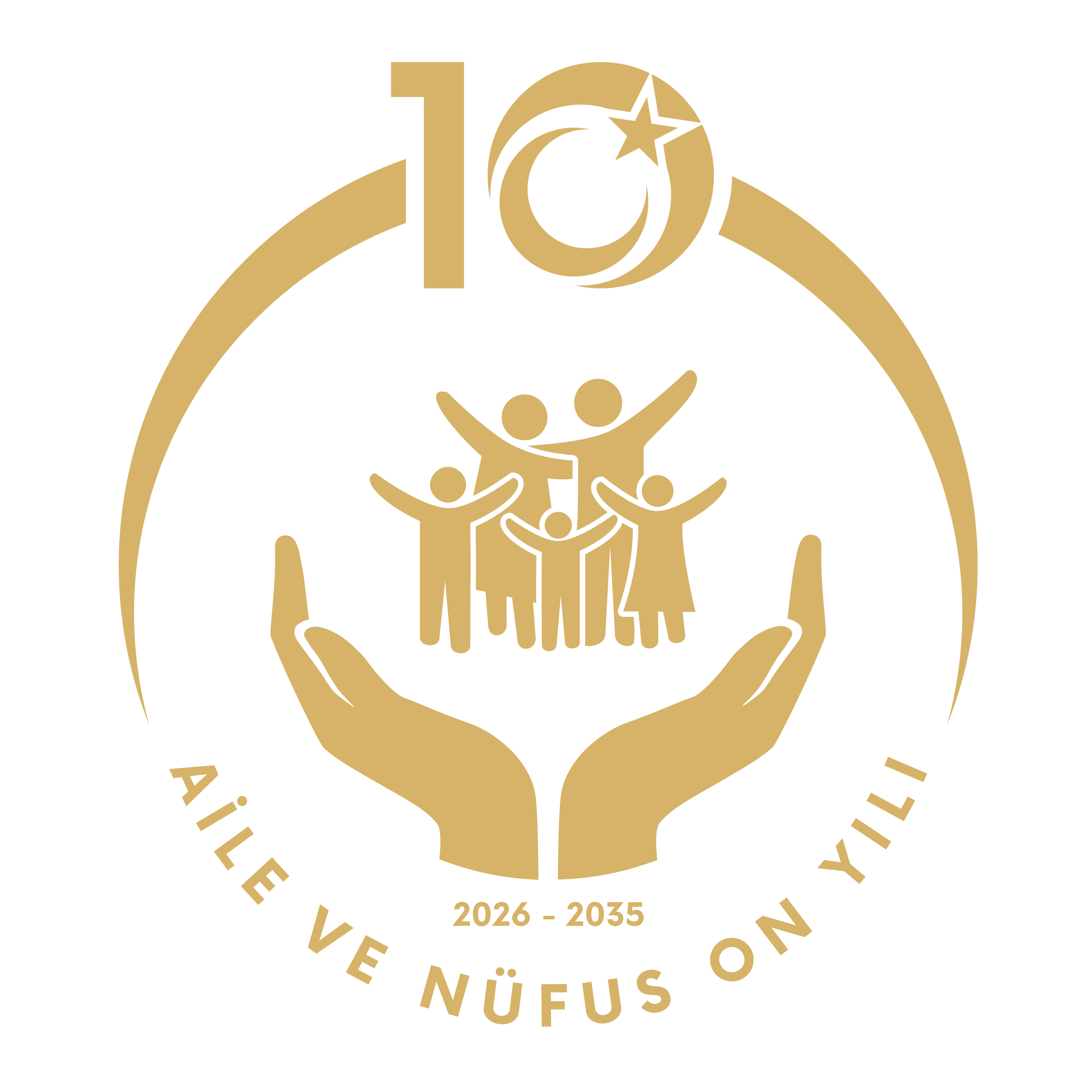
Problems of Effects of Digital Transformation in Accessibility and Solution Proposals Evaluated in Universal Design Workshop in Information Technologies
"BILTEVT 2020: Universal Design Workshop in Information Technologies" was organized on September 17-19, 2020 in cooperation with The General Directorate of Disability and Elderly Services, Celal Bayar University and Turkey Unhindrance Information Platform.
"Biltevt 2020: Universal Design Workshop in Information Technologies" was held online on September 17-19, 2020 in cooperation with the Ministry of Disability and Elderly Services General Directorate, Celal Bayar University and Turkey Unhindrance Information Platform in order to increase accessibility in the fields of information and communication technologies and to contribute to the efforts to ensure the availability and availability of information technologies in all areas of life for people with disabilities.
On Thursday, September 17, 2020, the Workshop began with speeches by Dr. Orhan KOÇ, General Director of Disability Elderly Services, Prof. Dr. Ahmet ATAC, Rector of Celal Bayar University, and Selman SOLHAN, President of Administrative Affairs.
Selman SOLHAN, chairman of the Presidency of Administrative Affairs, said in his speech that the Regulation on Procedures and Principles to Be Applied in Official Correspondence published in June 2020 covers the transfer of all public correspondence to electronic media, adding that the translation of educational videos prepared about the Regulation into sign language has been made. Solhan emphasized the importance of ensuring equal opportunity when hearing impaired personnel take the first step to the public, and stated that these trainings can be shared with public institutions on request.
Our President has contributed greatly to the realization of digital transformation in disabled and elderly services
In his speech explaining the importance of access to information during the pandemia process, Dr. Orhan KOÇ, General Director of Disability and Elderly Services, said that accessibility issues are considered as a priority as Headquarters, accessibility studies are accelerated by our President's announcement of 2020 as the Year of Accessibility, and that disabled and elderly people have great contributions in press coverage and access to information in disabled and elderly services, and that our President has contributed greatly to the access of press and information in many private and public buildings. significant improvements have been made in transportation vehicles and open spaces, he said.
He stressed the need to go further in accessing information that is just as important, and the importance of accessibility at the design stage in all areas when addressing accessibility. Dr. Orhan KOÇ emphasized that accessibility should not be overlooked in the it field and architectural designs, and pointed out that they care very much about accessibility in production and promote the public and private sectors. Dr. Orhan KOÇ also said that he did not think that we are very short in the field of accessibility, i can say that we are ahead of many countries and role models.
Finally, Prof. Dr. Ahmet ATAC, Rector of Manisa Celal Bayar University, said that knowledge and technology are developing rapidly today and that the applications that take place in the field of education are much more valuable during the pandemia period, at a time when those who want to study in the globalized world are at the feet of education. He then noted that as a university in this field, they present the speed at which people with disabilities access information by removing all obstacles, and this workshop is very important for identifying and solving problems in this area.
Following the opening speeches, the "Universal Design Panel in Information Technologies" was passed. Accessibility studies carried out by the General Directorate of Disability and Elderly Services, the General Directorate of Special Education and Guidance Services of meb and RTÜK, as well as accessibility in distance education and information technologies
academicians were informed about the issues. The second panel on "Students with Disabilities in Distance Education" discussed the importance of accessibility in the distance education process with academicians and NGO representatives.
On the second day of the workshop, on September 18, 2020, five different workshop groups aimed at developing short, medium and long-term solution proposals on "Digital Transformation and Accessibility", "Web Accessibility", "Mobile Software Accessibility", "Distance Education– Educational Technologies and Course Material Accessibility" and "Media Accessibility". Evaluations made by participants were reported at the end of the day in workshop groups led by expert moderators in the field. On September 19, 2020, the closing session was held where the reports generated by the work carried out by the workshop groups were presented. Sign Language translation was performed during the workshop. The opening and closing sessions were broadcast live on YouTube.









